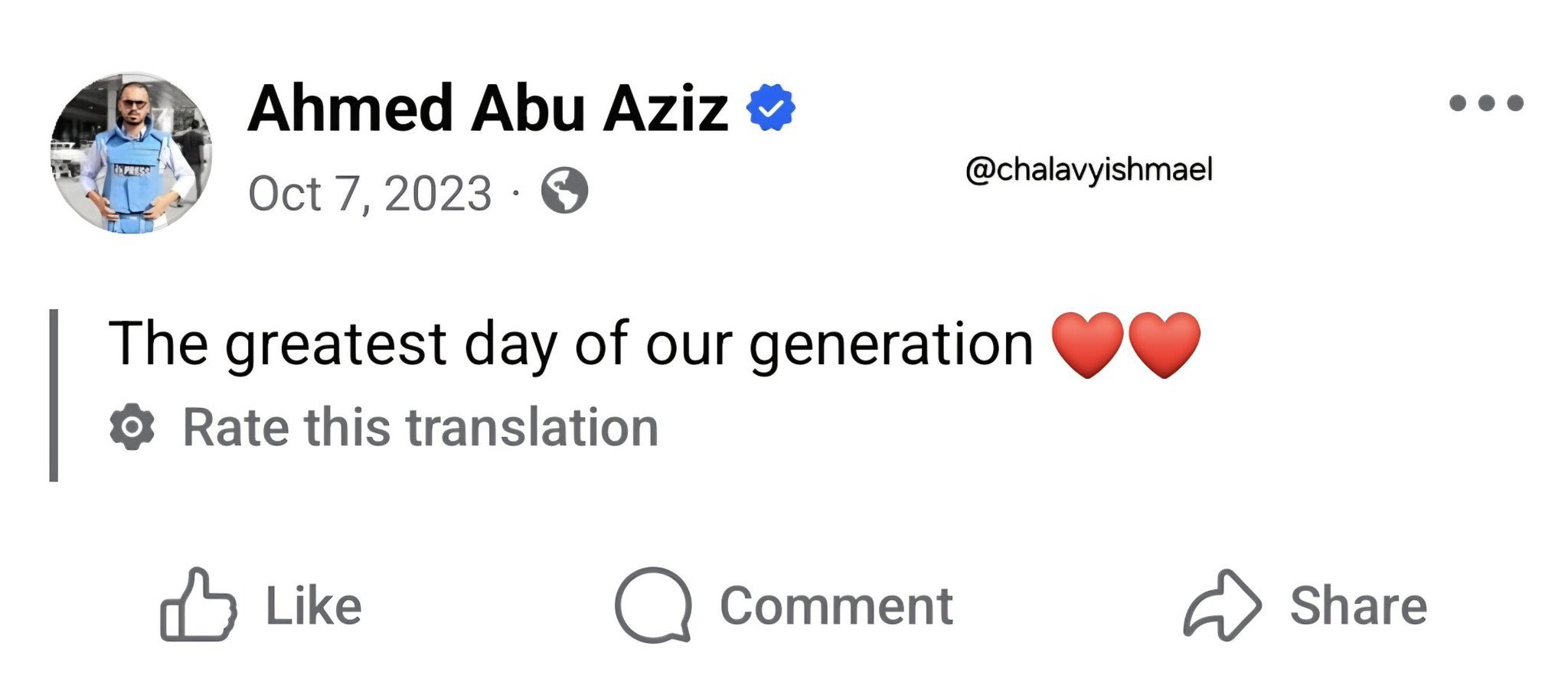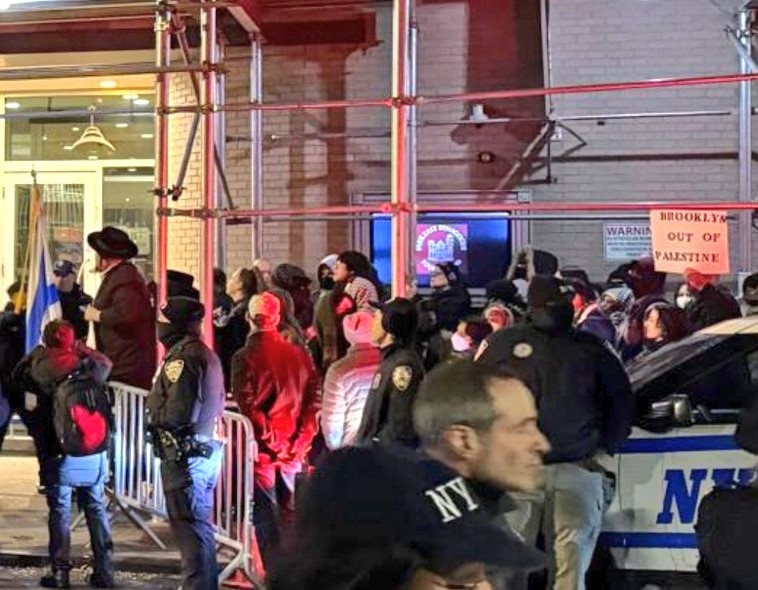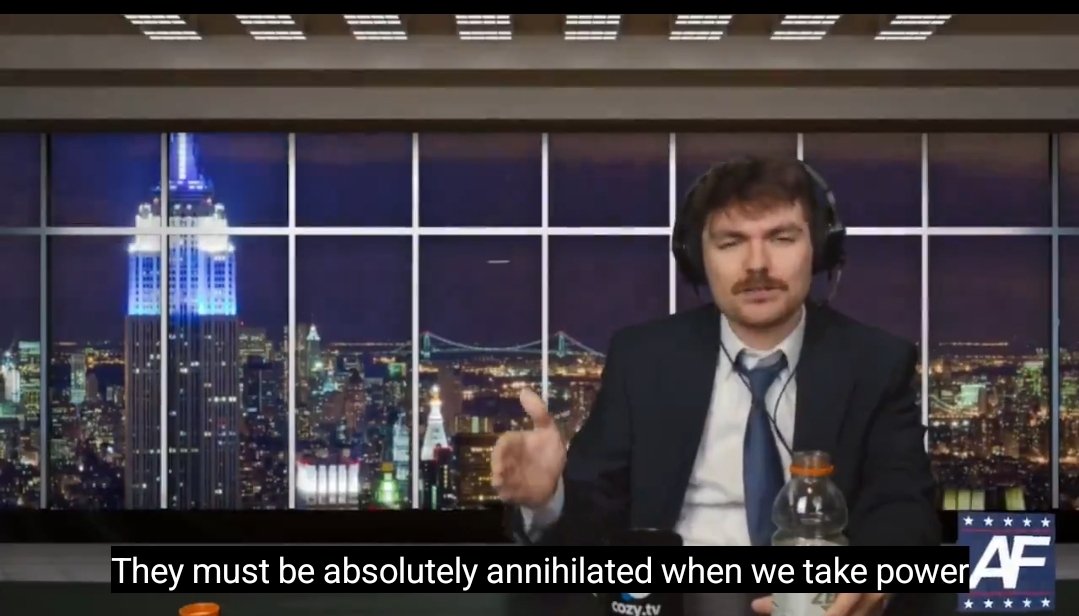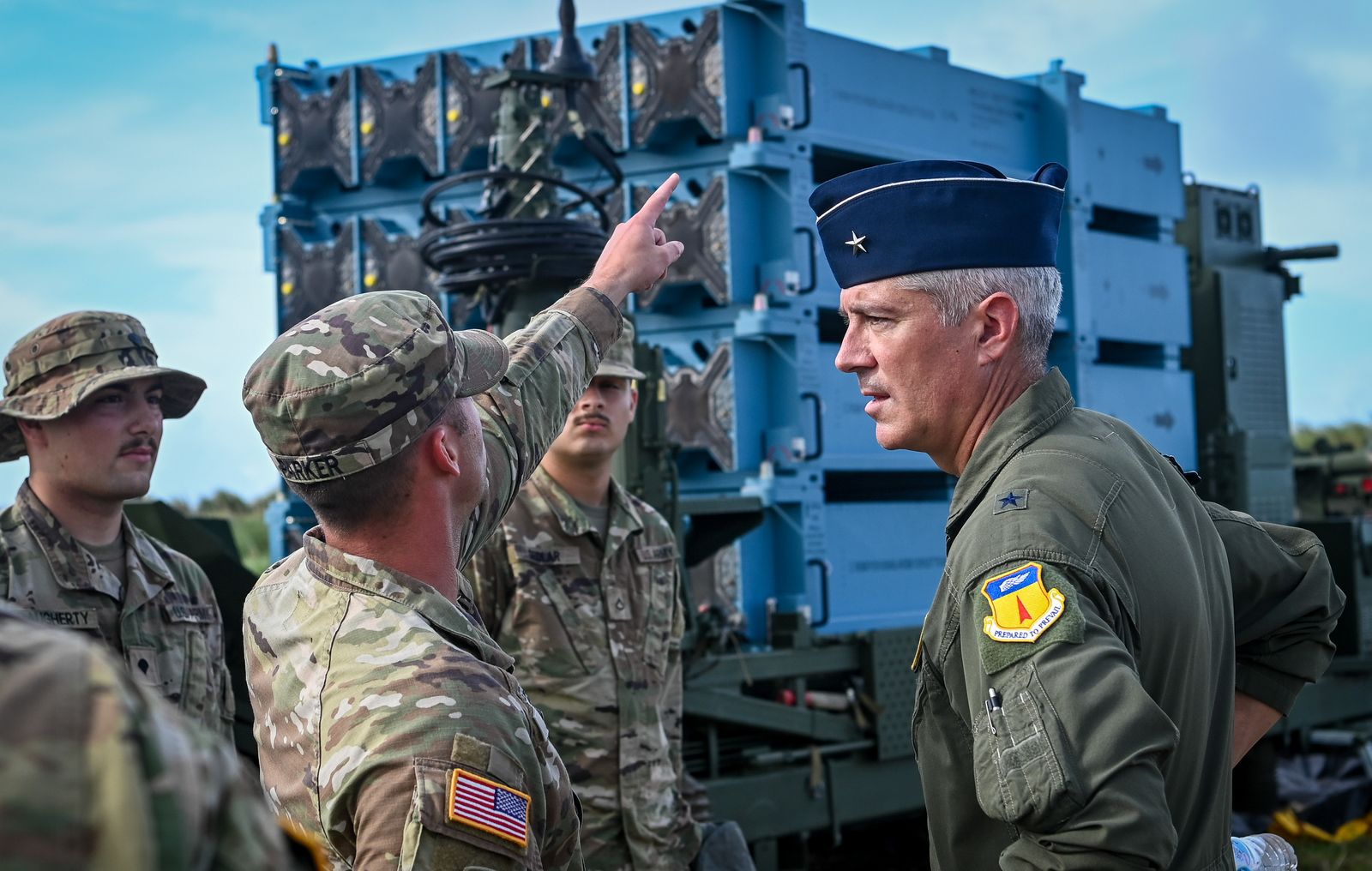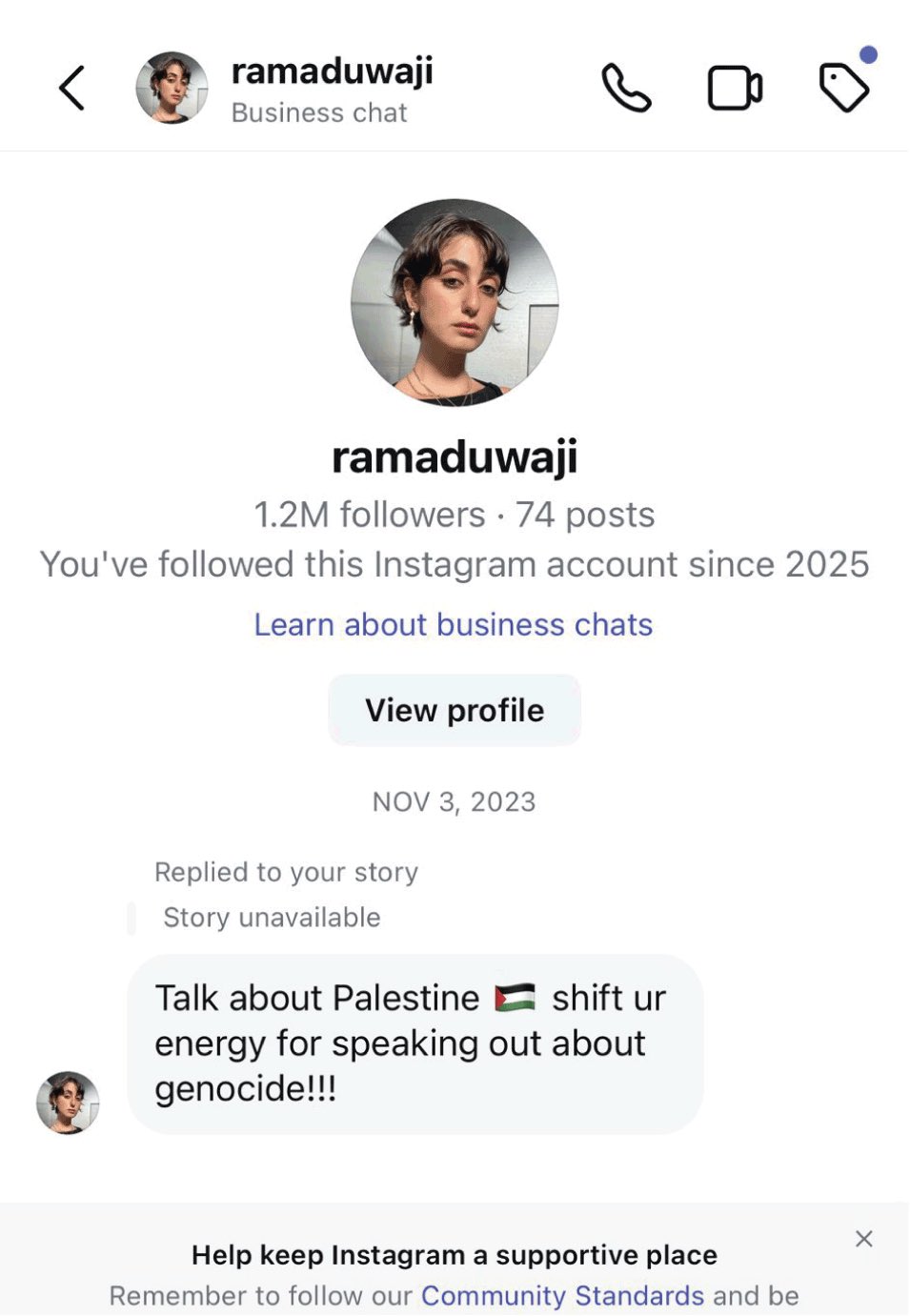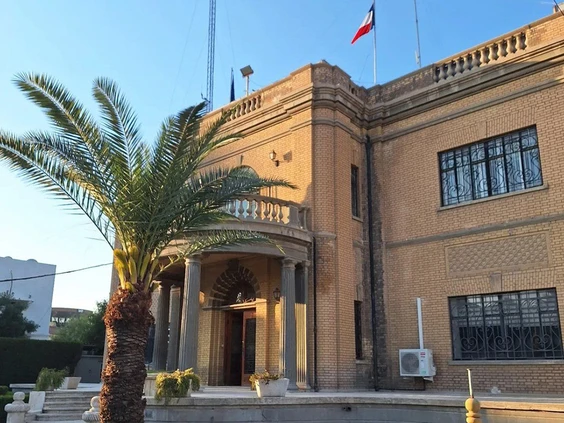Yehuda Teitelbaum
On Monday, reports emerged that an Israeli strike in Gaza killed Ahmed Abu Aziz. Within hours, international media outlets described him as a journalist, and political leaders and advocacy groups issued statements mourning his death and condemning Israel.
But publicly available evidence shows that Ahmed Abu Aziz was not a neutral reporter. In his own social media posts, he repeatedly expressed support for Hamas and celebrated the October 7 attack on Israel.

Abu Aziz called the October 7 assault “the greatest day of our generation.” He praised every faction involved, thanking them for what he called their “work.” He shared cartoons glorifying hostage-taking and posted images of kidnapped Israeli children, labeling them “soldiers” to justify their abduction.

He also highlighted Hamas fighters, including a friend killed during the October 7 attack, and referred to foreign farm workers taken hostage as “mercenaries.” In other posts, he described Israeli suffering as a “real nightmare” and said Gaza was filled with “great joy.”
The Israel Defense Forces (IDF) said the strike targeted a Hamas surveillance position on the grounds of Nasser Hospital in Khan Younis. According to the IDF, the camera was being used to monitor Israeli forces and direct attacks.

The military said six of those killed were members of armed groups, including one person who participated in the October 7 attack. It added that any civilian casualties were “unintended and regrettable” and said the incident is under review.
The IDF and independent reports have long stated that Hamas has used hospitals for military purposes. Israeli intelligence maintains that Nasser Hospital has been exploited in this way since the start of the war. Even Al Jazeera has reported that Hamas used the hospital as an operational base.

Several headlines suggested Israel deliberately targeted Abu Aziz because of his work as a journalist. Press freedom organizations echoed that framing.
Israel denies targeting journalists as a matter of policy. Officials argue that if the military intended to eliminate Gaza’s press corps, casualties among reporters would be significantly higher after nearly two years of conflict. When alleged mistakes occur, the IDF says it conducts internal reviews.
Abu Aziz’s death has prompted debate about the way individuals are represented in coverage of the conflict. For Palestinians, his perspective may have aligned with prevailing sentiments. But Western governments and media organizations that memorialized him as a journalist have drawn criticism from analysts who note his record of praising attacks on civilians.
The IDF maintains that its goal is to dismantle Hamas’s operational infrastructure, which it says includes media activity intended to spread propaganda and justify violence.

